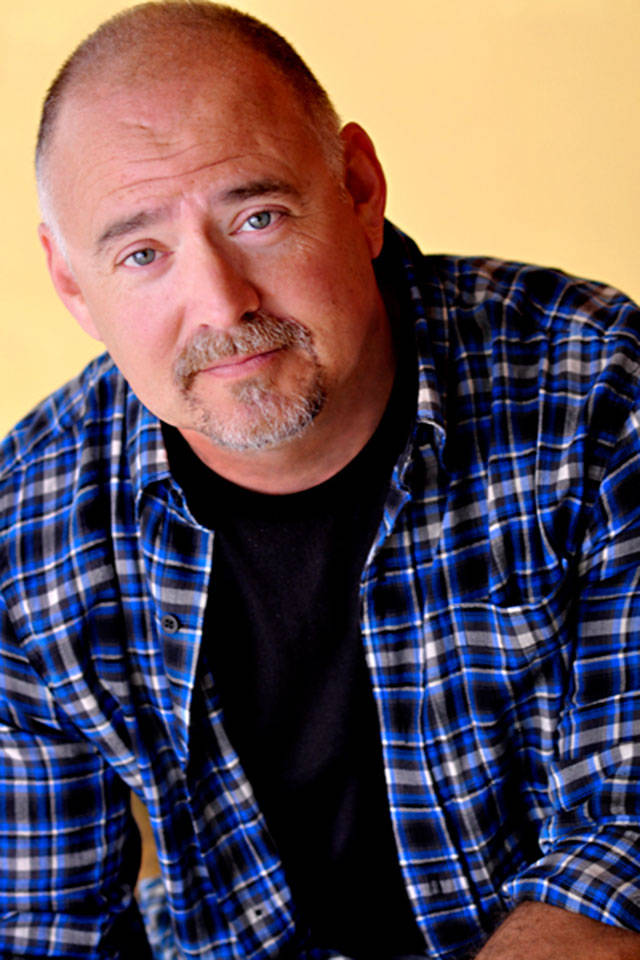U.S. Ambassador Nikki Haley’s recent warning to the United Nations Security Council that civil unrest in Nicaragua poses a threat to the stability of Central America may have set the stage for Donald J. Trump’s “Wag the Dog” moment.
The reference is made to a 1997 movie about a U.S. president embroiled in a sex scandal who attempts to save his presidency by staging a fake war in a country far from American soil.
The idea of this president attempting to divert the American people’s attention from investigations into his conduct in office in similar fashion is not such a far-fetched idea. Redirecting attention from “fake news” is an everyday occurrence through tweets, talking points, spin by the president’s surrogates, or outright lies.
New revelations of increased turmoil in the White House and a president described by intimates as “unhinged,” has left many questioning whether the country may be in store for a much bigger distraction. Nicaragua could be the answer.
Trump has a habit of casting out shiny objects to lure our attention away from the ever-increasing list of dilemmas he’s been forced to confront since the beginning of his presidency. Last year’s missile strikes on Syria — launched in retaliation for that government’s use of chemical weapons against innocent civilians — were viewed by many skeptics as manipulative and an effort to demonstrate his willingness to take on Russian interests at a time when he was accused of being a puppet of Vladimir Putin.
The Associated Press reported last summer that at a meeting with his military and national security advisers, Trump floated the idea of invading Venezuela. He believed escalating violence and unrest there posed a national security threat and warranted a swift military response. At a time when special counsel Robert Mueller was ramping up an investigation into Russia’s meddling in our elections.
Many at the meeting, including former Secretary of State Rex Tillerson and former national security adviser H.R. McMaster, were stunned. They made a concerted effort to walk the president back from carrying out such an action, explaining that it might backfire and destroy a decades-long initiative by the U.S. to build good will among governments throughout Latin America.
The president clearly had his own idea. At a press conference soon afterward, Trump told reporters that the U.S. had troops all over the world in distant places and that “Venezuela is not very far away and there are people suffering and dying. We have many options for Venezuela including a possible military option if necessary.”
Woof.
When addressing the Security Council last week, Ambassador Haley said: “With each passing day, Nicaragua travels further down a familiar path. It is a path that Syria has taken. It is a path that Venezuela has taken.”
Woof. Woof.
Here’s an interesting piece of trivia. In a 1986 Washington Post Op-Ed, President Ronald Reagan’s Communications Chief Patrick Buchanan wrote, “If Central America goes the way of Nicaragua, they will be in San Diego.”
Nicaragua is slightly closer to our southern border than Venezuela. Hundreds have been killed there since April, thousands injured, tens of thousands are seeking asylum in Costa Rica. A small number have considered coming here. It might be enough to set off alarm bells, precipitating something tantamount to a national security crisis that by little stretch of the imagination could, with the stroke of a presidential pen, lead to military intervention. To protect our borders, of course. Why wait for a wall to be built when guns are so much more effective?
Covert actions to overthrow the Sandinista government in Nicaragua during the 1980s, as well as questionable activities regarding their funding, came very close to toppling the presidency of Ronald Reagan. When the administration’s actions became known to the public, their deception, as well as their lack of transparency and candor got them into trouble. Despite the ethics and legality of what came to be known as the Iran-Contra affair, Reagan administration decisions were rooted in a combination of ideology and realpolitik, not optics.
Commitment to an ideology isn’t in this president’s DNA. Commitment to, and the preservation of, Donald J. Trump is. He loves pretty pictures and staged events that depict him as a decisive leader who keeps promises and gets the job done. He’s a master of reality television. And nothing could be more real — or distracting — than a small televised intervention somewhere south of the border — in the interests of the American people of course. And Donald J. Trump.
Woof. Woof. Woof.
Blair Bess is a Los Angeles-based television writer, producer and columnist. He edits the online blog Soaggragated.com, and can be reached at BBess.soaggragated@gmail.com.



